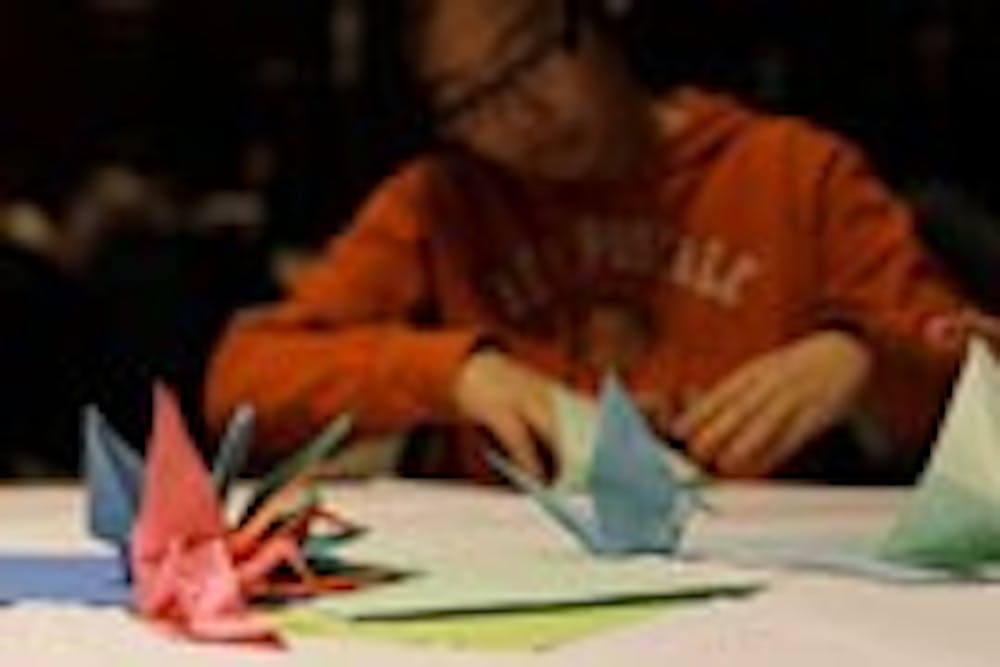While the Japan Student Association has raised over $1,500 toward earthquake and tsunami relief efforts, some students are questioning the effectiveness of direct aid for the Pacific tsunami and earthquake in Japan.
“Throwing money at the problem” may not be the best solution, College sophomore Faeza Asvat said.
Since the events of March 11, the Japanese Red Cross has continually stated that it is not looking for outside aid.
“It’s not in the Japanese culture or nature to ask for something … and the government doesn’t want to seem like a state who can’t do anything,” College freshman and JSA board member Alexa Koike said.
College sophomore Johnny Schaefer said that people should consider the Japanese attitude of self-sufficiency when organizing fundraising efforts. There is a difference between raising awareness and raising funds, he said.
Schaefer, Asvat and College senior Janice Dow, who are participants in the Fellowship to Build Intercultural Communities at Penn, brainstormed ways to support Japan in other ways at a retreat last weekend.
Dow suggested possibly contributing to the rebuilding efforts by buying Japanese goods to stimulate their economy.
Asvat suggested funding research on how to best rebuild the area or donating to groups such as Doctors Without Borders, who will travel to the affected region and help the rebuilding process.
However, Koike believes that monetary donations are currently the most effective way to help Japan, since other resources take too long to take effect.
In addition, Wharton Master of Business Administration student Jerry Chi, who studied and worked in Japan for two years, observed that the Japanese are very orderly and disciplined.
“You won’t see them looting, fighting for food or cutting lines,” he said.
Chi also observed that “the concept of philanthropy is smaller than in the [United States].”
Despite this, Koike believes that the government should be asking for help from other nations because Japan lacks a national army, among other resources.
The Japan crisis has also trickled into various classroom discussions.
Physics professor Kenneth Lande is devoting class time to analyzing the current nuclear situation in his “Energy, Oil and Global Warming” class.
“[Japan] brings up the issue of how to deal with energy issues in life science, which probably hasn’t been covered enough in the curriculum,” Lande said.
Wharton senior Mike Lin is enrolled in a class on decision processes taught by Wharton professor Howard Kunreuther, who took time to talk about Japan’s disaster preparedness.
Lin said his professor explained that while Japan invested in cautionary building codes and is one of the most prepared countries for natural disasters, it still suffered heavy damage.
“He taught us to think about the worst case scenario and made it relevant to Penn,” Lin said. “In high risk areas, we have to know about the consequences.”



